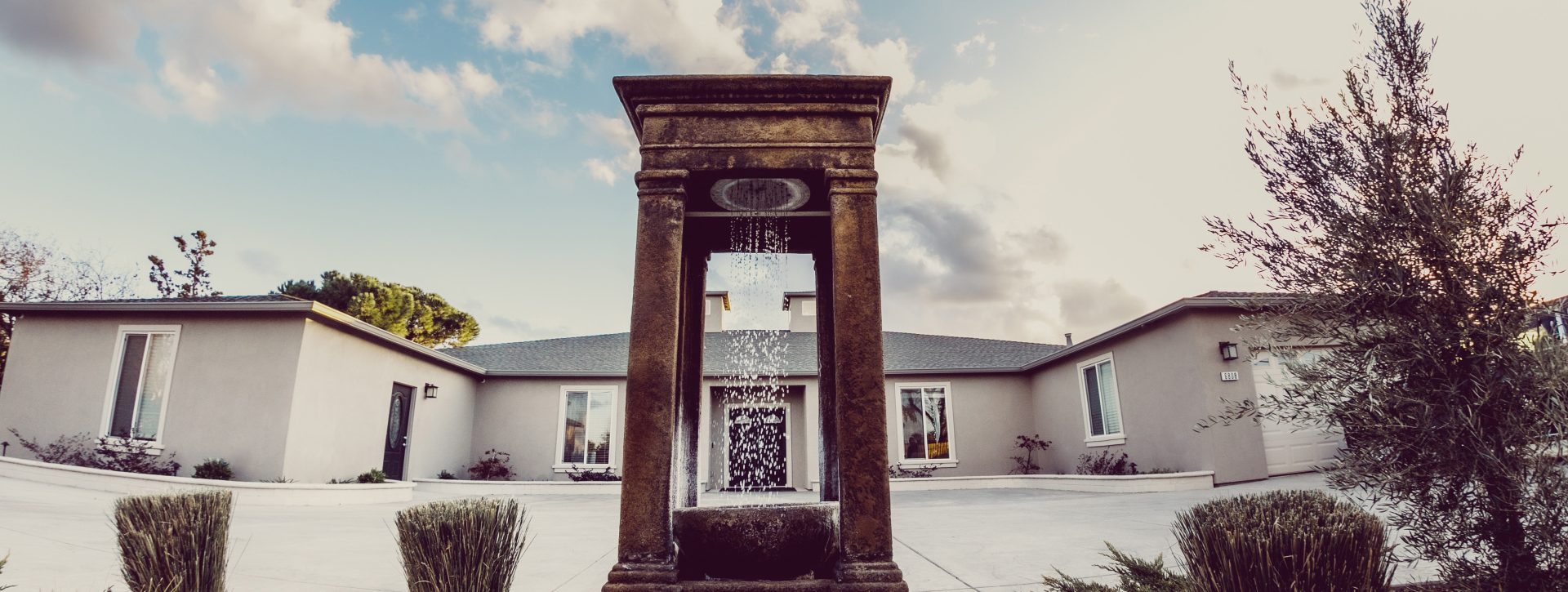
The number of seniors in the United States is growing rapidly. According to the U.S. Census Bureau, in 2021, the United States was home to nearly 56 million people aged 65 or older. That number is expected to grow to 88 million in 2050. The U.S. Census Bureau also reports that some of the societal norms of aging have changed in recent years. For example, many people are remaining in the workforce long past the traditional retirement age of 65.
This added workload, along with other stressors and medical changes that occur later in life, can sometimes lead to substance abuse and addiction. Longstanding patterns of substance abuse may become more apparent and require addressing as people age.
Whatever the reason, there is hope for a healthier life for older adults struggling with addiction. Learn more about the reasons for seniors’ addiction, substances that cause addiction and what people can to do get help.



Several factors can increase the likelihood of a person developing an addiction as they get older:
It’s common for seniors to become addicted to and need rehabilitation for a variety of substances:
Senior addiction treatment differs from other types of addiction treatment in a variety of ways:



Diamond House Detox treats senior clients with the compassion, dignity and respect that all people deserve. During treatment, seniors can expect their care staff to take their medical concerns and well-being into account. They can expect to be treated respectfully and to receive a personalized, tailored approach that treats them like valued humans throughout the recovery process.
Diamond House also recognizes that chronic pain and co-occurring disorders may be part of seniors’ lives and intertwine with their addiction issues. We work with each client individually to address other medical issues as part of the treatment program. Our goal is to treat each client holistically and foster wellness in all aspects of life.
Contact UsThe initial step of our treatment programs is typically a seven- to 10-day detoxification program at our Elk Grove facility. During this week or so, clients receive expert medical supervision as they safely rid their bodies of addictive substances. The Elk Grove facility provides a comfortable, private, relaxing setting where clients can focus on beginning the road to recovery. They will receive 24-hour monitoring from our medical staff and will also receive medication to help with withdrawal symptoms, if necessary.
Once clients are feeling stronger, they move on to our other locations in either Elk Grove or Sacramento, where they participate in intensive daily individual therapy and group therapy programs. We offer a modified residential and outpatient programs where we tailor it to the senior client’s immediate needs both physically and mentally. They will receive support, strengthen their minds, work on improving any physical needs, figure out the root causes of their substance abuse, and develop the tools they need to confront their addictions more effectively. They may also receive a comprehensive psychiatric evaluation to identify any underlying issues that may have contributed to substance abuse.
We offer a variety of different therapies, from structured sessions of cognitive-behavioral therapy to alternative sessions of sound therapy or yoga therapy. We work with each individual to figure out what forms of treatment would work best.
If you or a loved one is struggling with substance abuse, you don’t have to be alone with it. Residential or outpatient treatment with Diamond House Detox can help. When you’re looking for addiction treatment for seniors in California, turn to us for quality, compassionate services. We are one of the top rehab centers in California, and when you come to us, we can tailor our treatment programs to your needs to make sure you get healthy and stay healthy for life.
Contact us today to get started.
Contact Us